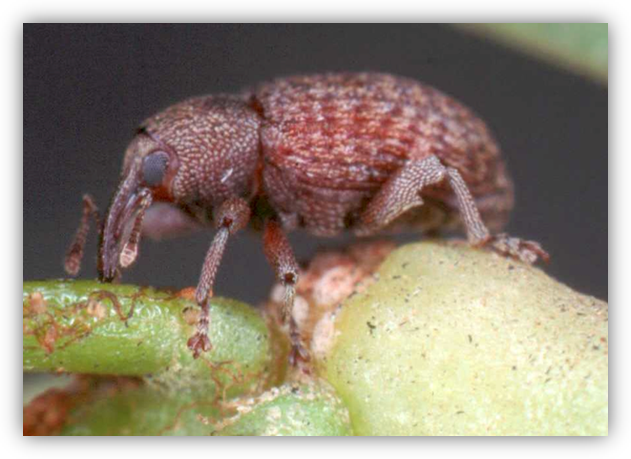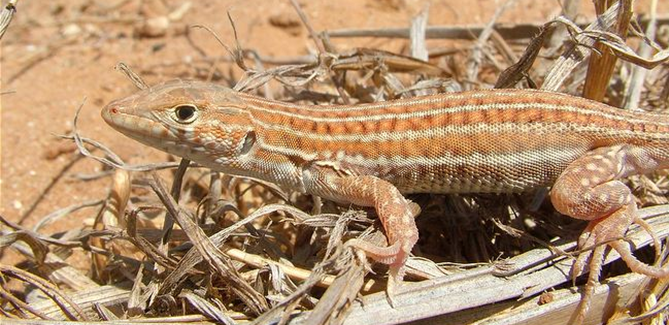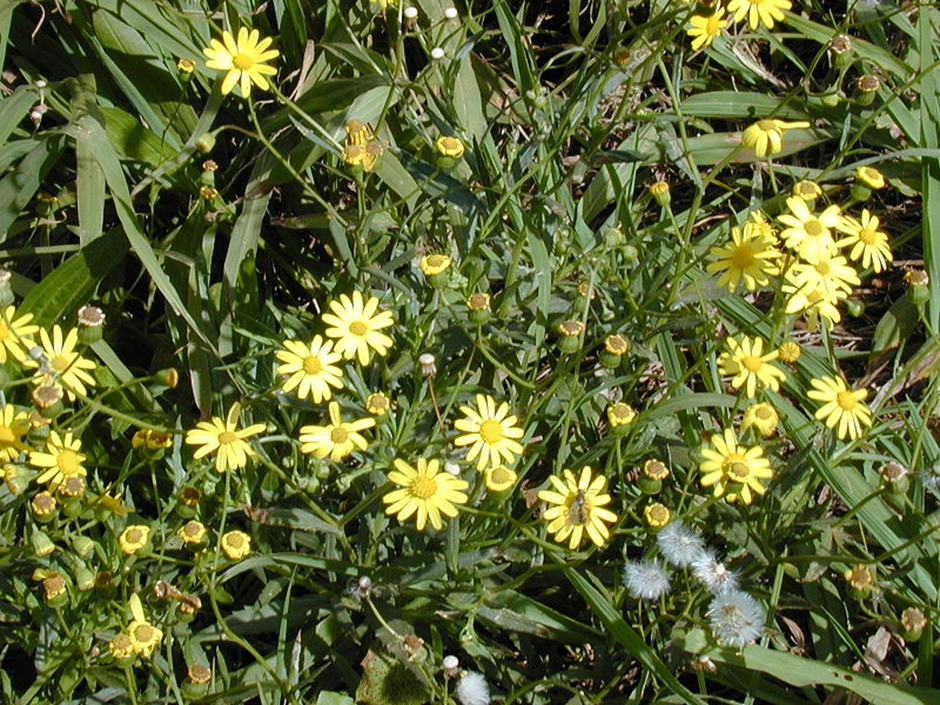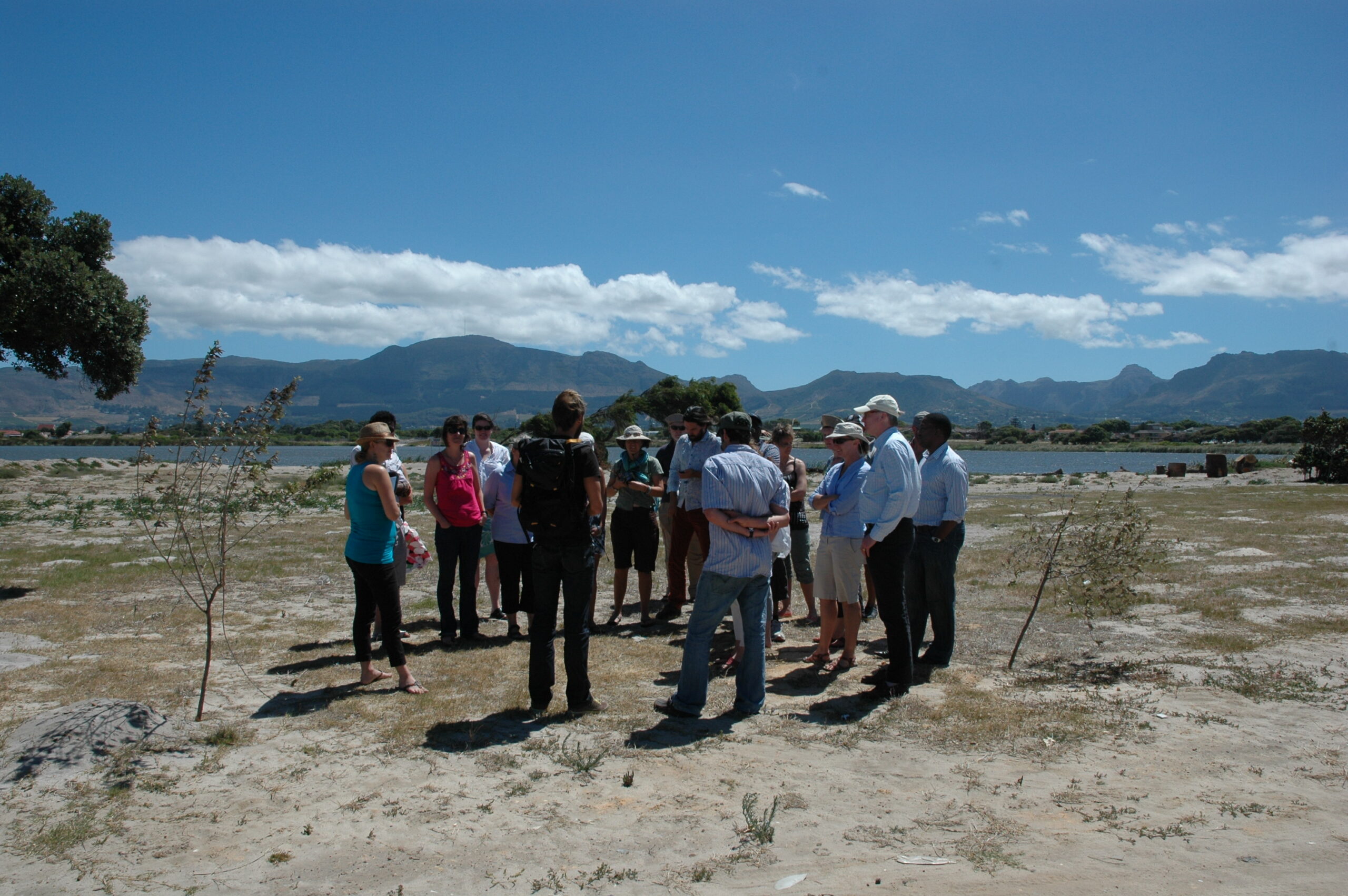“Novel ecosystems”
There are very, if any, ecosystems on Earth that are not substantially influenced by human activities. In most ecosystems, humans have changed many abiotic and biotic components, for example by changing disturbance or nutrient regimes and by adding or removing species. In many cases, the ecosystems that currently exist have no historical analogues; this greatly complicates the task of managers who seek to conserve local, regional and global biodiversity and to ensure the sustainable delivery of ecosystem services.




